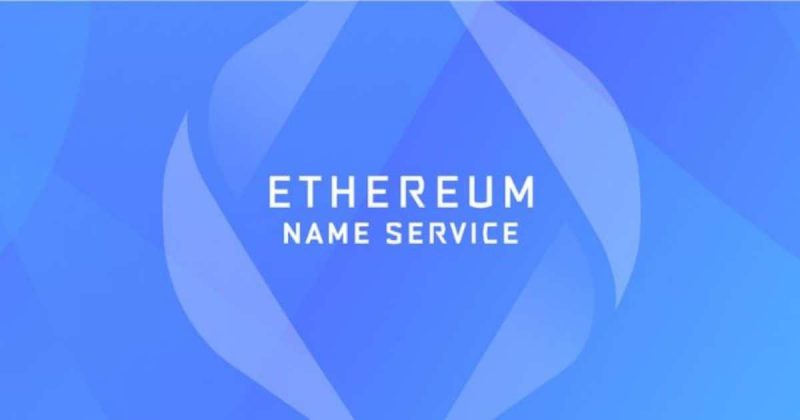Hypes usually doesn’t last for long. More often than not, they start out slow, then brew up, and finally fizzle out. However, this has not been the case with Ethereum Name Service.
Started off back back in 2017, this Ethereum based project allows users to display public addresses with a .eth domain in simplified text. The suffixed names are essentially users’ cross-platform web3 usernames and act like a bridge between crypto-wallets and the internet.
On the occasion of ENS’ five year anniversary in the beginning of May, the project’s official Twitter handle proclaimed,
“The last year in particular has seen ENS explode in popularity and usage. We’ve gone from 242k names and 206 integrations last year to over 900k names and 500 integrations today.“
Reflecting on Ethereum Name Service’s journey so far
As highlighted above, the cumulative number of ENS names registered has been on a macro-incline. In fact, the strong monthly registration trend since the beginning of ’22 has substantially contributed to the same.
When compared to January’s 66.9k registrations, May already boasts of a whooping 279k. In fact, as illustrated below, the current levels are at a record high since May ’21.


Both registrations and renewals have been happening in full swing, as a result, the protocol’s revenue has also been revolving around the highs. As can be noted from below, novel registration costs contribute the most to Ethereum Name Service’s proceeds, while the renewal revenue is just the additional icing to the cake.
To date, ENS has been able to earn the most in November 2021. Back then, the registrations fetched $7.35 million, while renewals contributed another $582.3k. With almost a-third of May still left, the respective figures already stand at $6.88 million and $776.3, giving it a positional advantage.


The project has been making rapid strides on other fronts too. This year, for instance, ENS took a huge leap in terms of becoming even more decentralized. It launched its DAO and the same now controls and helps govern ENS. Additionally, the project also quite recently released offchain resolution for names with the intention of catering to a much wider user base.
So, if things go as planned, then ENS would end up becoming accessible to more people than ever before. The resultant rising adoption would only foster further ecosystem-centric growth.





